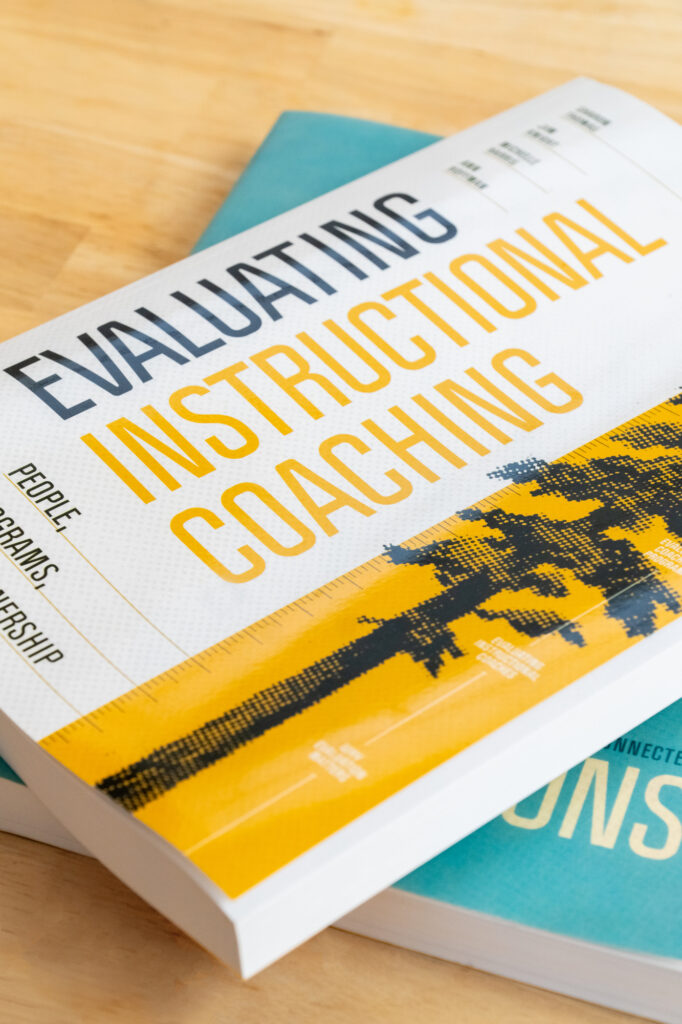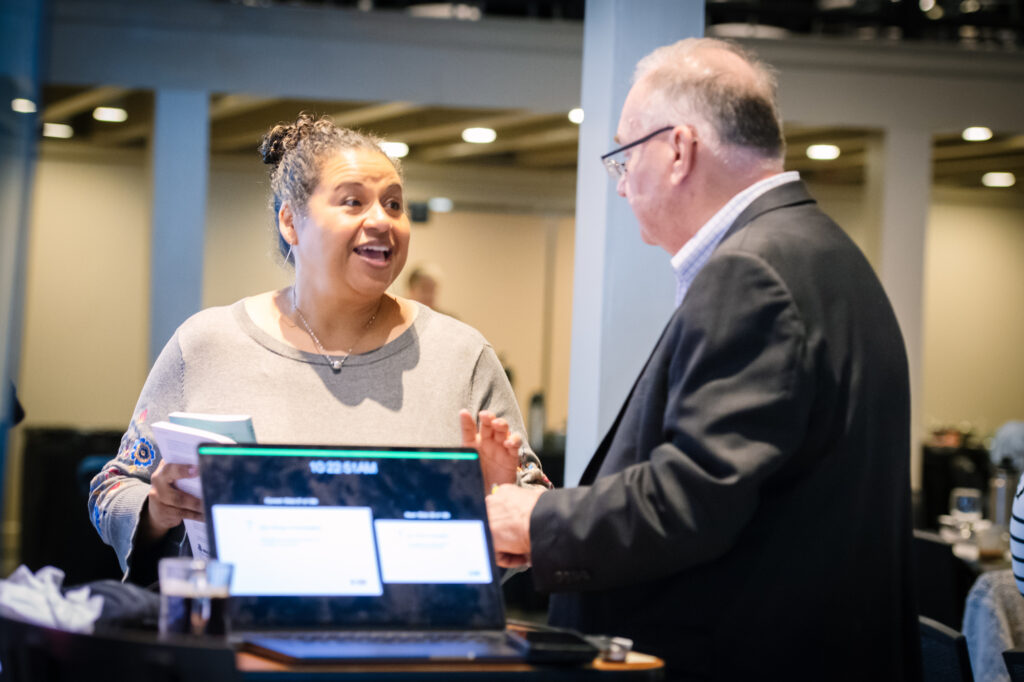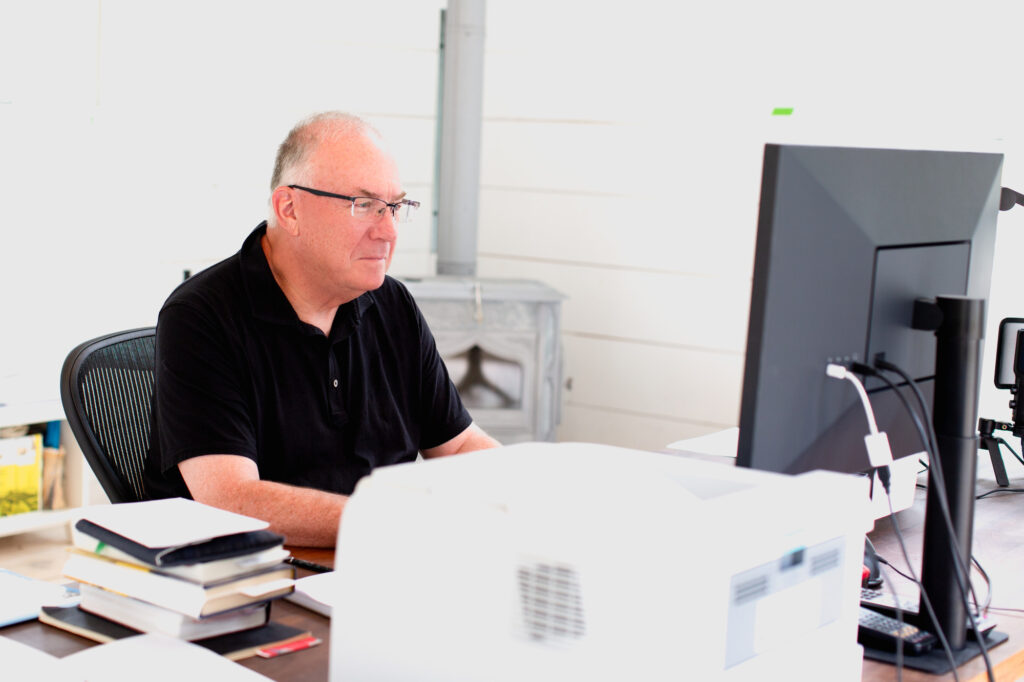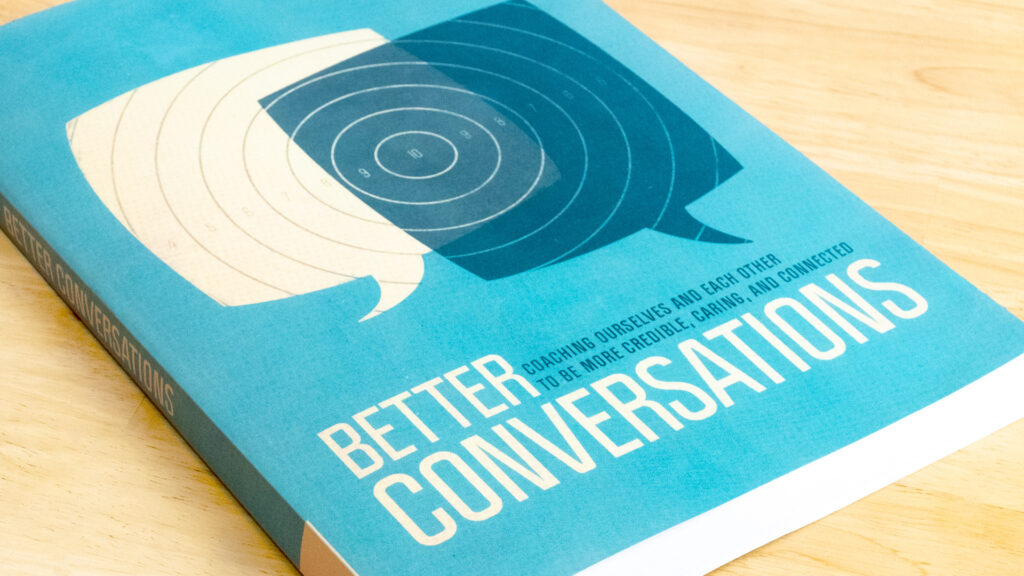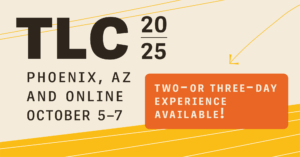In “Better Conversations,” I emphasize the profound impact of seeing others as equal partners in our interactions. This isn’t just a communication technique; it’s a fundamental shift in mindset that can transform our relationships and conversations.
When I choose to have a better conversation, rather than a top-down conversation, I bring my full humanity to the conversation — all my ideas, passions, emotions, and confusions—and I expect and desire that my conversation partner will do the same. During a better conversation, I see the people with whom I’m interacting as people who should be valued, whose opinion matters, who can think for themselves, and who make their own decisions.
A better conversation, as Paulo Freire would say, is a mutually humanizing conversation. Better conversations make both of us better. When I see others as equals, I see them having the same value as I do—they count the same. If I work from the core principle of equality, others should never feel that I see myself as superior to them. Indeed, in a better conversation, I intentionally look to see my conversation partners’ strengths—and communicate in some way that I know them.
When we view others as equals, we create an atmosphere of mutual respect and trust. This is crucial for fostering meaningful dialogue and effective collaboration. It’s about genuinely valuing the perspectives and contributions of others. Active listening, without judgment or the urge to respond immediately, is key. This kind of listening shows respect for the other person’s thoughts and feelings, making them feel safe to share openly and honestly.
Seeing others as equal partners enhances the quality of our interactions. When people feel heard and respected, they are more likely to engage fully and share their true thoughts and ideas. This leads to richer, more productive conversations where everyone can learn and grow.
Practically speaking, there are several strategies to embody this mindset. Ask open-ended questions, be fully present in the moment, and acknowledge the other person’s contributions. These actions demonstrate that we see them as equals, which strengthens our relationships and improves our collaborative efforts.
Ultimately, seeing others as equal partners isn’t just about improving our conversations; it’s about fostering a culture of respect and collaboration. This mindset can transform our personal and professional lives, creating more meaningful connections and achieving greater success together. By adopting this approach, we can build a more inclusive and effective environment for everyone.







